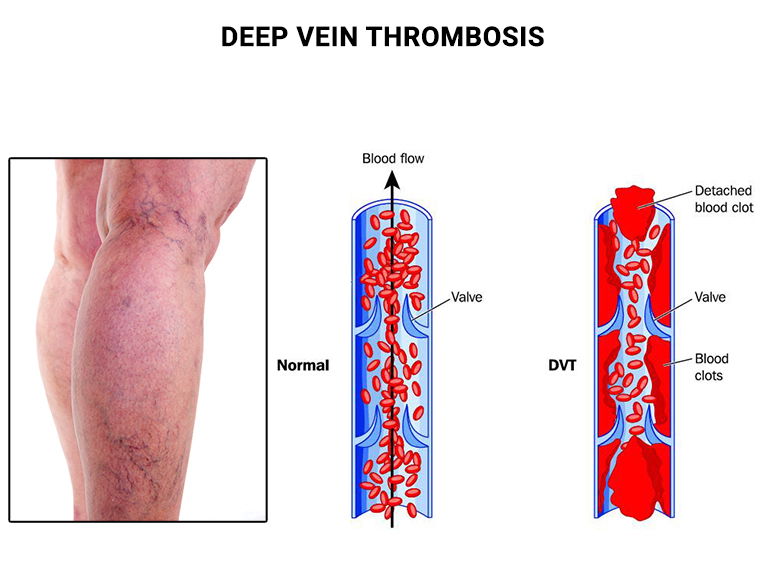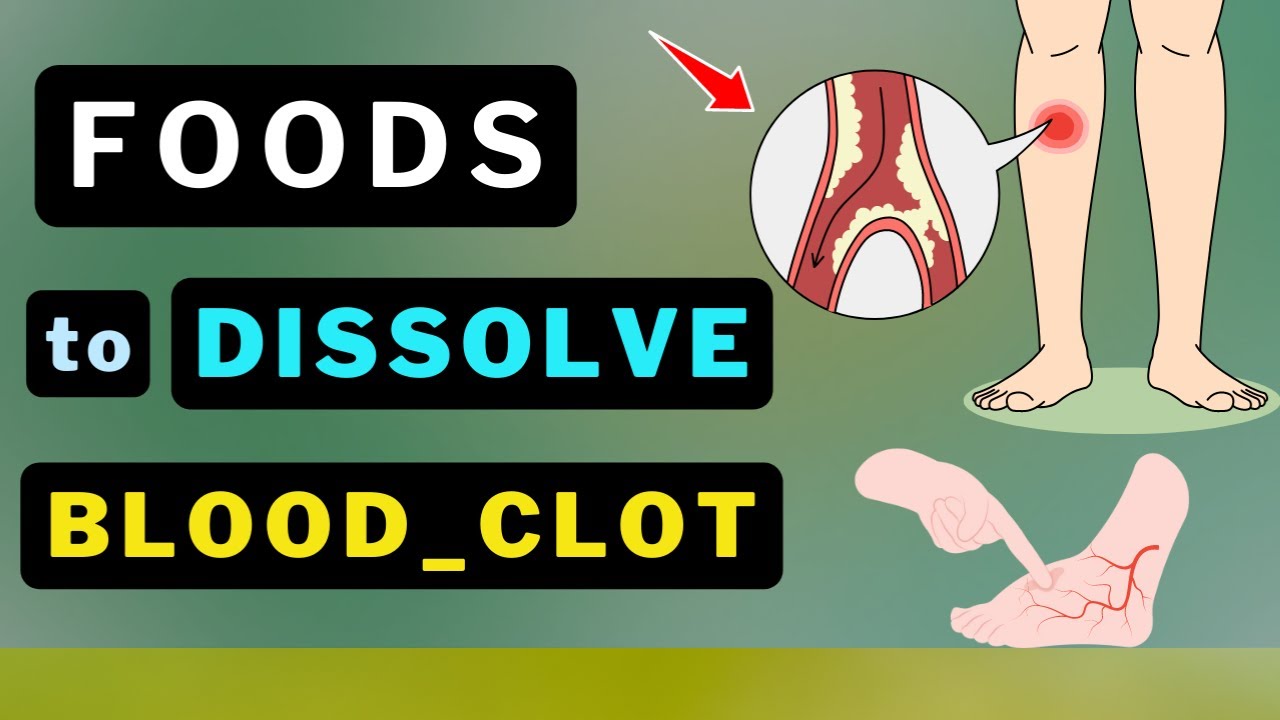HOME REMEDIES FOR BLOOD CLOTS

Please note our content is intended solely for informational purposes and should not be used in place of official medical advice.
What are Blood Clots?
Blood clots are semi-solid or gel-like masses that form in your arteries and veins. Blood clots help control bleeding, but they may also cause serious medical issues, including deep vein thrombosis, pulmonary embolism and heart attack.
Blood clots help control bleeding, whether you’re bleeding from a paper cut, a serious injury or even after surgery. On the other hand, blood clots can also be life-threatening if they keep blood from flowing through your body. Blood clots happen for many reasons, some of which you may not be able to avoid. For example, you may have an inherited (genetic) condition that increases your risk of developing blood clots.
What factors increase blood clot risk?
- Age. People age 65 and older have increased blood clot risk.
- Pregnancy.
- Having obesity.
- Having cancer.
- Taking birth control pills or having hormone therapy.
- Smoking.
- Not being able to move around.
- Blood clotting disorders
- Bleeding disorders
Symptoms of a blood clot include:
- throbbing or cramping pain, swelling, redness and warmth in a leg or arm
- sudden breathlessness, sharp chest pain (may be worse when you breathe in) and a cough or coughing up blood
Blood clots can be life threatening if not treated quickly.
How to prevent blood clotting:-
- Seeing a healthcare provider for an annual physical examination.
- Staying at a healthy weight for you.
- Not smoking.
- Staying hydrated.
- Staying active.
- Occasionally elevate your legs at least 6 inches above your heart.
- Avoid sitting for extended periods of time and take frequent breaks to move around.
- A low-salt diet and avoiding leg injuries are also important in preventing blood clots.
- Avoid crossing your legs or placing pillows under your knees.
- Raising the end of your bed by 4 to 6 inches can also be beneficial.
How to dissolve blood clots:-
- Exercise-It can help increase blood flow in the body.
- Compression stockings-designed to put pressure on the legs and can help prevent blood clots.
- Ginger-Its a natural blood thinner and anti-inflammatory agent that can help in dissolving blood clots. It contains a compound called gingerol, which helps in preventing platelets from sticking together and forming clots. Ginger can be consumed in various forms, such as in tea or as a supplement.
- Tumeric-Is a spice commonly used in Indian cuisine that has anti-inflammatory properties. It contains a compound called curcumin, which has been shown to prevent blood clots from forming. Turmeric can be consumed as a supplement or added to food.
- Garlic-Is another natural blood thinner that can help in dissolving blood clots. It contains a compound called allicin, which helps in preventing platelets from sticking together and forming clots. Garlic can be added to food or taken as a supplement.
- Cayenne Pepper-Is a natural blood thinner that can help improve blood circulation in the body. It contains a compound called capsaicin, which helps in preventing blood clots from forming. Cayenne pepper can be added to food or taken as a supplement.
- Water-Drinking plenty of water can help dissolve blood clots as it helps keep the blood thin and flowing smoothly. Drinking at least eight glasses of water a day is recommended to help prevent blood clots from forming.
- Foods rich in vitamin E-such as almonds, avocado, and spinach, can help dissolve blood clots. Vitamin E has anticoagulant properties and can help prevent blood clots from forming. It is recommended to consume foods rich in vitamin E regularly.
- Vitamin C-Is an antioxidant that can help in preventing blood clots from forming. It also helps in improving blood circulation in the body. Foods rich in vitamin C include citrus fruits, bell peppers, and strawberries.



